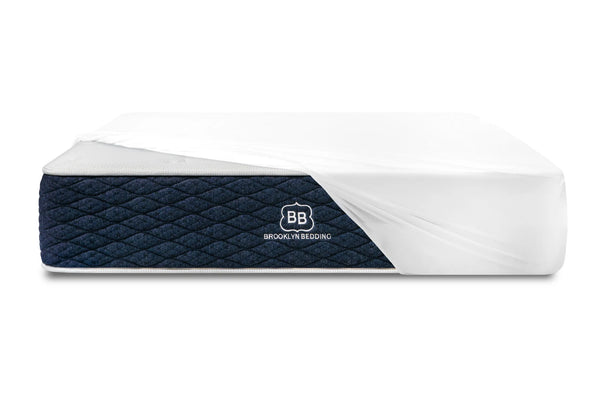
How Much Sleep Does a Baby Need?
Sleep is essential to the development of any child. Every infant and toddler may require different amounts.
Babies typically sleep for short periods and are frequently awakened during the night for feedings, with long stretches not typically occurring until about four months (this estimate can differ depending on each baby). * This number represents averages and will depend on factors unique to every baby.
Newborns
Newborns and infants don't generally follow a set schedule when it comes to sleep; rather they tend to nap intermittently throughout the day and night. Crying often serves as their means of communication while their small tummies require them to wake frequently to feed.
Babies typically don't sleep through the night until around three months old; though some do at an earlier age. At this stage, you can begin working on creating a pre-bedtime routine to help your baby settle down for restful slumber.
At this age, most newborns should nap at least twice each day. Check out our age-targeted sleep schedules for more information and tips, but remember that every baby's sleeping needs may vary significantly from others'. If something seems amiss with your newborn's napping or night time activity patterns, consult your physician as they'll be able to advise if there's reason for concern.
1 to 3 months
Babies of this stage typically begin sleeping through the night for longer stretches. While they still may take several naps daily, these may be shorter in duration than when they first arrived on earth.
At such an important stage of cognitive development, babies often appear restless during sleep and make noise while twiddling their fingers or sucking on their thumb. While such movements are usually involuntary, they serve a vital purpose.
Early birth can make babies require extra rest, and it may take them longer to establish positive sleep habits than infants born full term; nonetheless, most preemies start sleeping from six- to 12-hour stretches nightly by about three months.
4 to 6 months
Newborns often wake frequently to feed, and need assistance getting back to sleep. Crying is their way of communicating to you that they need assistance or are hungry.
At this stage, babies are beginning to establish an internal sleep-wake rhythm and their longest overnight stretches typically reach five or six hours. At this age, babies may stay awake for longer between naps, yet still require feedings every two to three hours.
At this age, your baby is experiencing rapid development and requires plenty of restful slumber for healthy development. They'll learn new skills like crawling, sitting up and verbal communication - so if they're not receiving enough restful restful restorative rest, talk with their pediatrician right away if this becomes a concern.
6 to 12 months
Between six and 12 months old, babies begin to establish more consistent sleeping patterns. While their daytime naps may still vary in duration and they might still wake at nighttime, these routines become the norm.
Your baby needs plenty of rest during this phase, as their brain is developing neural connections which will facilitate future learning and behavior. Sleep is vital during this stage.
Sleep deprivation can leave babies cranky, irritable and unable to focus or concentrate. You can help them get enough rest by creating an age-appropriate bedtime routine; using comforting objects like loveys and stuffed animals to aid with bedtime; and setting predictable nap schedules.
1 to 2 years
As your baby ages, their nap needs may change accordingly; each child is unique and may sleep at an individual pace; thus it is crucial that you don't compare your child's sleeping pattern with another's and instead follow his or her individual schedule.
Around 4 to 6 months, most babies begin sleeping longer stretches at once and developing more reliable nap patterns; they may still wake for night feedings but should eventually make this transition more smoothly.
Be mindful that infants born prematurely may take longer to reach this milestone due to additional effort required for their bodies to adapt, plus illness and teething can often impede sleep patterns in these infants.









